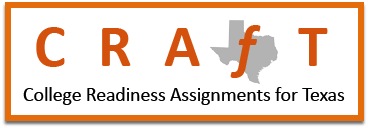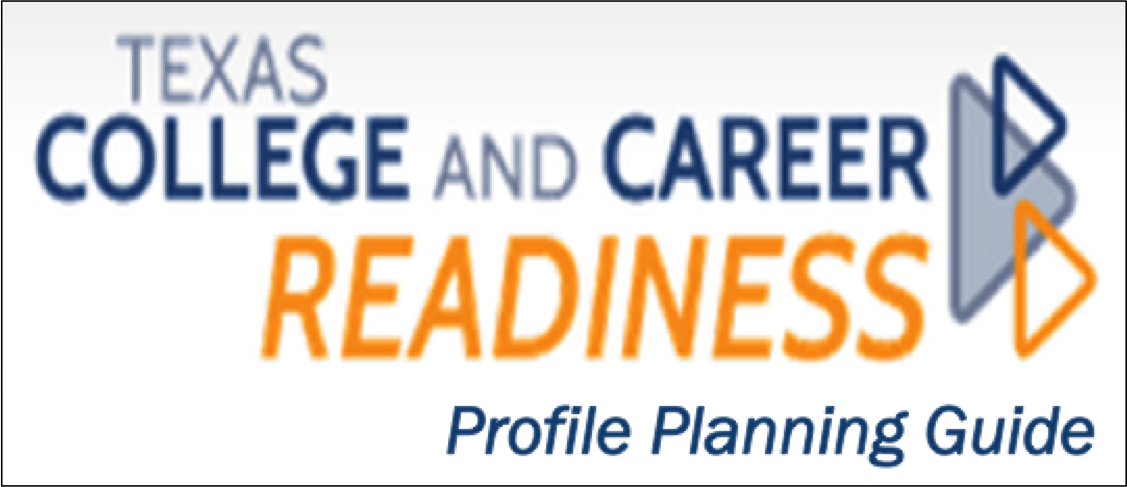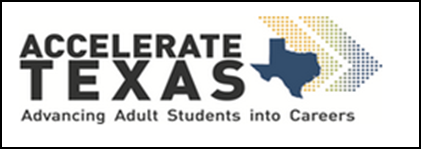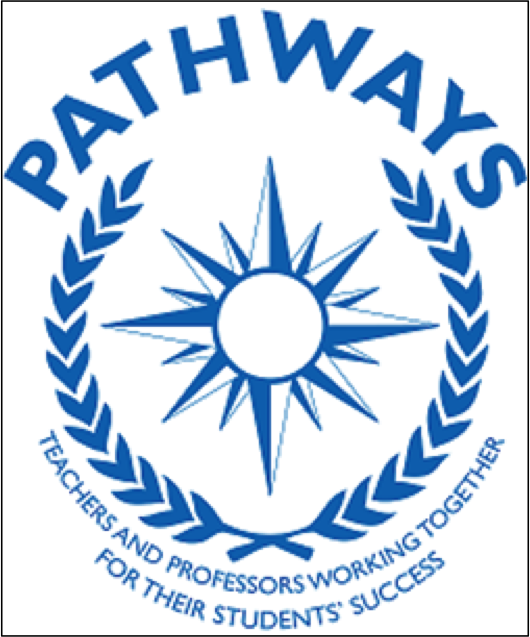I. Key Cognitive Skills
A. Intellectual curiosity
1. Engage in scholarly inquiry and dialogue.
a. Identify what is known, not known, and what one wants to know in a problem.
b. Conduct investigations and observations.
c. Cite examples or illustrations in which a clear-cut answer cannot be reached.
2. Accept constructive criticism and revise personal views when valid evidence warrants.
a. Articulate a point of view and provide valid evidence to support findings. b. Demonstrate willingness to take intellectual risks by investigating novel, controversial, or unpopular opinions or conclusions.
c. Examine alternative points of view, taking different roles to defend, oppose, and remain neutral on issues.
d. Recognize conflicting information or unexplained phenomena.
B. Reasoning
1. Consider arguments and conclusions of self and others.
a. Know and apply logic to analyze patterns and descriptions and to evaluate conclusions.
b. Cite valid examples or illustrations that support the conclusions.
c. Question whether the claims and conclusions of self and others are supported by evidence.
d. Identify counter examples to disprove a conclusion.
2. Construct well-reasoned arguments to explain phenomena, validate conjectures, or support positions.
a. Participate in a debate that is based on facts and has a logical structure.
b. Construct a visual presentation, including hypothesis, data, results, and conclusion.
c. Write a paper that addresses counter-arguments to advocated positions.
d. Recognize and apply techniques of statistical or probabilistic analysis to judge reliability of information.
e. Organize an argument separating fact from opinion.
3. Gather evidence to support arguments, findings, or lines of reasoning.
a. Use different kinds of data (e.g., case studies, statistics, surveys, documents) to support an argument.
b. Evaluate evidence in terms of quality and quantity.
c. Describe limitations of data collection methods.
4. Support or modify claims based on the results of an inquiry.
a. Refine claims and adjust a position in response to inquiry.
b. Review and check strategies and calculations, using alternative approaches when possible.
C. Problem solving
1. Analyze a situation to identify a problem to be solved.
a. Represent and/or restate the problem in one or more ways (e.g., graph, table, equation), showing recognition of important details and significant parameters.
b. Break complex problems into component parts that can be analyzed and solved separately.
c. Apply previously learned knowledge to new situations.
d. Analyze a media report, identify any misuse of statistics, and suggest ways to more accurately depict this information.
2. Develop and apply multiple strategies to solve a problem.
a. Use a range of standard methods, devices, techniques, and strategies to gather and analyze information.
b. Use knowledge gained from other subject areas to solve a given problem.
3. Collect evidence and data systematically and directly relate to solving a problem.
a. Use general and specialized reference works and databases to locate sources.
b. Collect evidence and data directly related to solving the problem and eliminate irrelevant information.
c. Produce charts, graphs, and diagrams accurately, including scale, labeling, units, and organization.
d. Present the collected data visually, describe the data collection procedure, and defend choosing that procedure over other possibilities.
D. Academic behaviors
1. Self-monitor learning needs and seek assistance when needed.
a. Ask questions to check for understanding or to clarify information.
b. Use a systematic method for recording, storing, and organizing materials and resources; avoid haphazard or messy accumulation of information.
2. Use study habits necessary to manage academic pursuits and requirements.
a. Manage time effectively to complete tasks on time.
b. Demonstrate accurate note-taking.
c. Use the appropriate level of detail necessary to complete an assigned task.
d. Balance academic and non-academic activities to successfully participate in both.
3. Strive for accuracy and precision.
a. Collect and report experimental data carefully and correctly.
b. Produce charts, graphs, and diagrams accurately, including scale, labeling, units, and organization.
c. Eliminate irrelevant information from an assignment.
4. Persevere to complete and master tasks.
a. Persevere until a task is completed by working even when faced with uncertainty or open-ended assignments.
b. Seek assistance when needed to complete the assignment.
c. Recognize when a task is completed.
E. Work habits
1. Work independently.
a. Plan a project, establish its parameters, and complete it with minimal supervision, seeking assistance accordingly.
b. Follow directions or procedures independently.
c. Complete assignments outside the classroom setting in a timely manner.
2. Work collaboratively.
a. Work collaboratively with students from various cultural and ethnic backgrounds.
b. Distinguish between situations where collaborative work is appropriate and where it is not.
c. Work in small groups to investigate a problem or conduct an experiment.
F. Academic integrity
1. Attribute ideas and information to source materials and people.
a. Document the work of others, giving credit where credit is due and never claim credit for work that is not one’s own.
b. Use standard bibliographic and reference citation formats, choosing the style appropriate to the subject and the audience.
c. Define plagiarism and articulate the consequences of academic dishonesty.
2. Evaluate sources for quality of content, validity, credibility, and relevance.
a. Verify validity of a source within a submitted work.
b. Compare and contrast coverage of a single topic from multiple media sources.
3. Include the ideas of others and the complexities of the debate, issue, or problem.
a. Present multiple perspectives of an issue.
b. Represent accurately the data, conclusions, or opinions of others.
4. Understand and adhere to ethical codes of conduct.
a. Follow copyright laws and restrictions.
b. Use technology responsibly (e.g., avoiding malice, misrepresentation, or misleading use of information).


 Show Printable Version
Show Printable Version




